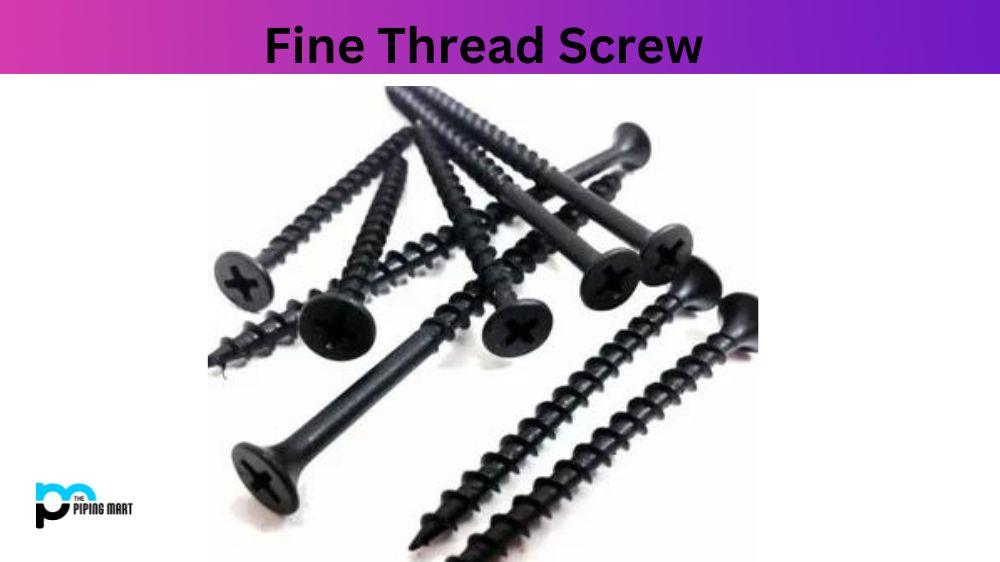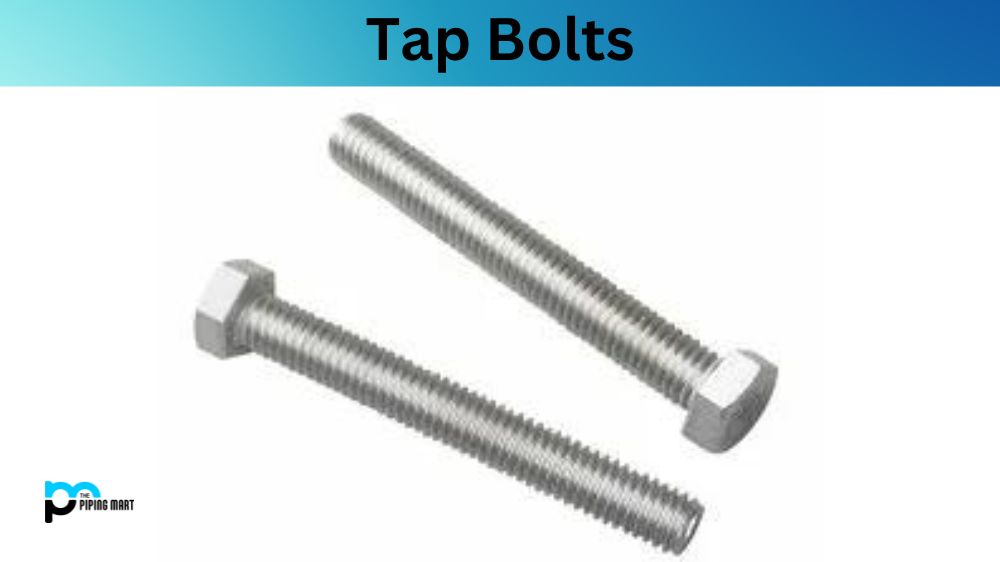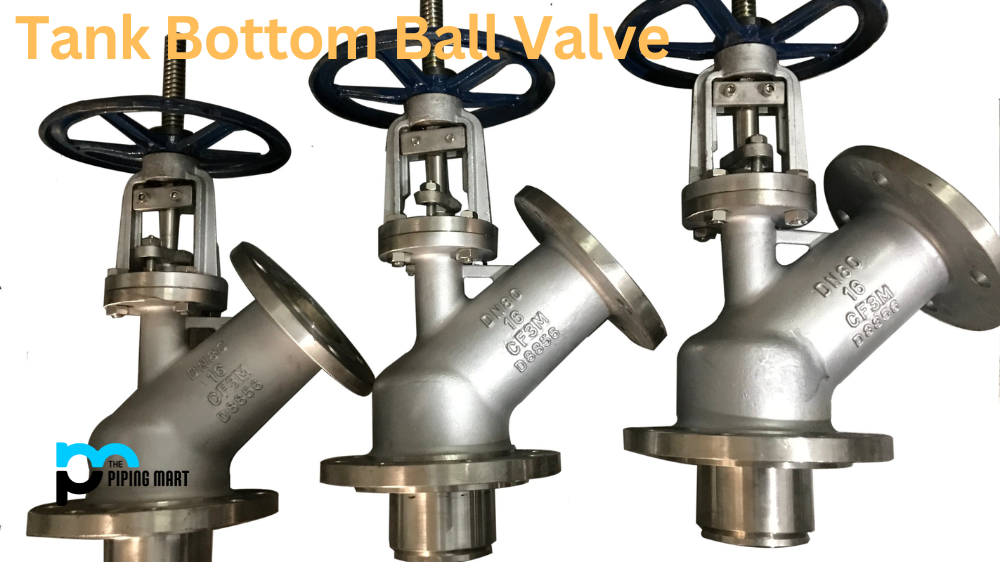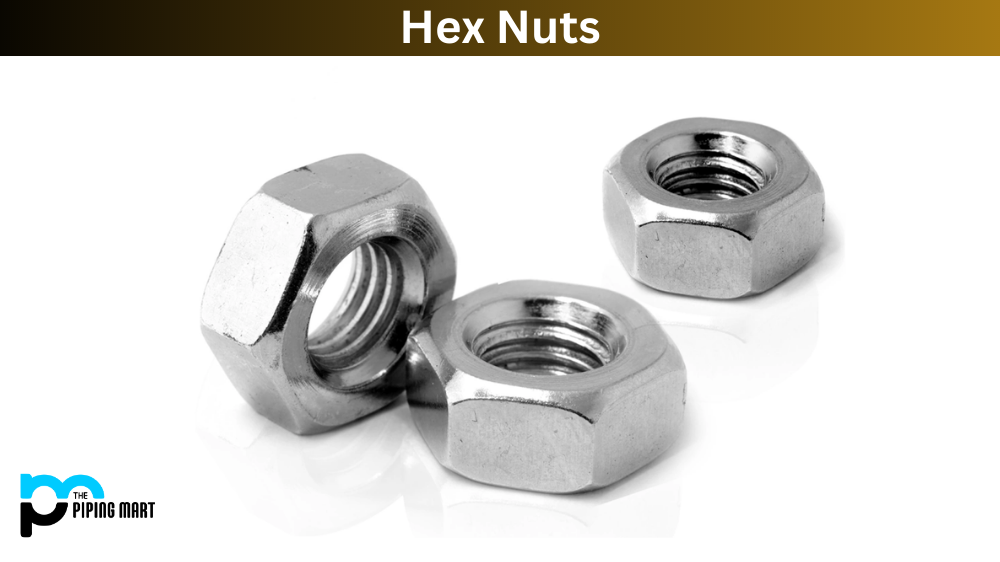When constructing or repairing items, screws play a crucial role. They need to be strong, durable, and well-designed to ensure stability. Among the many types of screws available, one that stands out is the fine thread screw. This type of screw has specific features that make it unique and ideal for specific uses. In this article, we’ll delve into what fine thread screws are, their properties, composition, and uses.
What is Fine Thread Screw?
Fine thread screws offer greater strength and are designed for heavier or thicker materials. Compared to coarse thread screws, the finer threads offer greater holding power when threaded into a tapped hole. The fine thread pitch also limits pressure between the threads, which helps reduce stripping and will often allow them to be removed multiple times before replacement is needed. Fine thread screws are best suited for pre-tapped holes and nuts and wood applications where large cutouts aren’t necessary. These fasteners can be found in lengths from 1/4″ up to 6″.
Fine Thread Screws Properties
Fine thread screws have smaller threads that are closer together than regular screws. They have a higher thread count per inch, which means they can provide higher tension and grip strength than coarse thread screws. This makes them ideal in situations where strength and holding power are essential. Fine thread screws have a narrower root diameter than coarse thread screws, which means they are less likely to split wood or cause damage to the material. These screws usually have tighter tolerances than others, which increases their accuracy in drilling procedures.
Fine Thread Screws Composition
Fine thread screws are commonly made from various materials, depending on their use. The most common materials include steel, stainless steel, brass, and aluminium. Steel screws are the most widely used since they are exceptionally strong, durable, and cost-effective. Stainless steel screws are more corrosion-resistant than steel ones and are ideal for use in areas exposed to moisture. Brass screws are suitable for decorative purposes because they have a golden finish. Aluminium screws are lightweight but not as strong as steel screws and are susceptible to bending.
Uses of Fine Thread Screws
Fine thread screws are used in various industries and applications, including electronics, construction, and automotive. These screws are widely used in high-precision applications such as medical devices and aerospace components. In the construction industry, fine thread screws are used in framing and drywall installations because they create a tighter grip and are less likely to loosen over time. They are also used in automotive manufacturing because of their high-strength properties.
Advantages of Fine Thread Screws
Fine thread screws have several advantages that make them ideal for specific applications. Firstly, their higher thread count and narrower root diameter make them less likely to damage materials. Secondly, they produce a tighter grip and more tension than coarse thread screws. Thirdly, they provide higher holding strength, essential in applications where stability is a top priority. Lastly, they have tighter tolerances, ensuring accuracy and precision in drilling operations.
Conclusion:
Fine thread screws are a unique type of screw designed for specific applications that require high strength, accuracy, and holding power. Understanding the properties, composition, and uses of these screws is essential in choosing the correct screw for a particular application. Whether you’re working on a construction project, automotive applications or high-precision work, fine thread screws are an excellent choice because of their superior properties. Before starting any project, choosing the right type of screw for the job is crucial to ensure its success.

A passionate metal industry expert and blogger. With over 5 years of experience in the field, Palak brings a wealth of knowledge and insight to her writing. Whether discussing the latest trends in the metal industry or sharing tips, she is dedicated to helping others succeed in the metal industry.




